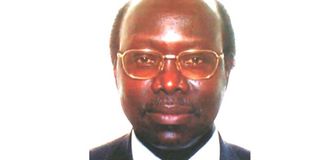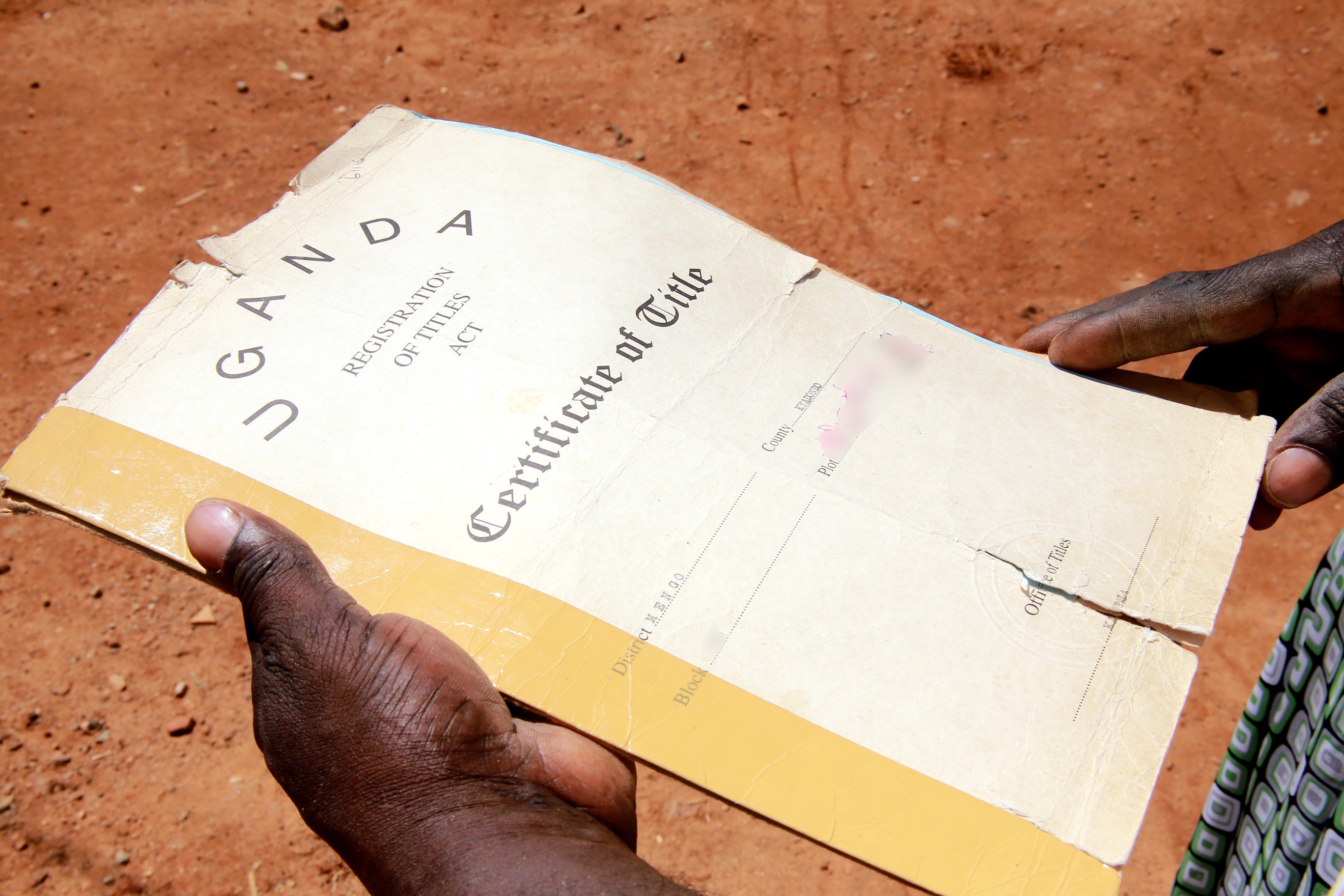Does Uganda desperately need a nuclear plant?

Harold Acemah
What you need to know:
- A nuclear power plant is an expensive venture which will cost Uganda trillions of Shillings to build and maintain. Can Ugandan taxpayers afford such a huge and unnecessary expenditure?
- Are there no alternatives to generate power for Uganda? How safe is nuclear technology against the background of disastrous accidents?
Some top officials of the NRM regime have a knack for the absurd and bizarre, as if to irritate Ugandans who are fed up and offended by the regime’s insensitive, reckless and unacceptable behaviour and actions. The regime regularly disappoints, exploits and humiliates the people of Uganda.
Consider this. The New Vision of April 19 splashed on its front page the following headline: ‘Russia to build nuclear plant for Uganda.’
This ‘breaking news’ comes at a difficult time when 5.5 million Ugandans are starving and many are dying of hunger and famine in Acholi, Karamoja, Lango, Teso and elsewhere in our beleaguered country which, needless to mention, has abundant and untapped potential for hydroelectricity and renewable sources of energy.
Why should Uganda invest her meagre resources in one of the most expensive and dangerous sources of energy? Is there a hidden agenda behind the decision to build a nuclear plant in Uganda? I believe Ugandans deserve some honest answers. One hopes the ruling clique is not planning to make Uganda a nuclear power like a former strongman attempted to do in Libya a few years ago.
According to the New Vision story, “the Russian Federation has pledged to support Uganda’s aspirations to develop atomic energy for peaceful and developmental purposes in the fields of energy, medicine, agriculture, education and research.”
The paper reports that, “President Museveni is an ardent advocate of the development of nuclear power in Uganda” and quotes State minister for Energy Simon D’Ujanga saying Uganda is ready to sign a memorandum of understanding (MoU) with Russia on the use of atomic energy. The MoU is due to be signed in Moscow in June.
The two countries will, inter alia, cooperate in the development of nuclear power infrastructure for Uganda. They will work together on the construction of “nuclear energy objects” which include a centre of nuclear science and technology based on a Russian-designed reactor; basic and applied research; use of radioisotopes and radiation technologies. By the way, only South Africa has a nuclear plant in the whole of sub-Saharan Africa.
What are the implications?
In view of its significant political, economic and social implications, this matter should be discussed by Parliament and the people of Uganda as a whole.
A nuclear power plant is an expensive venture which will cost Uganda trillions of Shillings to build and maintain. Can Ugandan taxpayers afford such a huge and unnecessary expenditure? Are there no alternatives to generate power for Uganda? How safe is nuclear technology against the background of disastrous accidents which occurred in Chernobyl, Ukraine, and more recently in Japan? Does Uganda have an integrated resource plan for electricity? Is there more to this undertaking than meets the eye?
My crystal ball tells me that there could be an unstated objective and goal behind the decision to develop nuclear power capability in Uganda. One of the countries which enjoys and maintains what diplomats call “cordial relations” with Uganda is DPRK, commonly known as North Korea. The leader of that country is a chubby young man called Kim Jong-Un who has been in the news quite a lot lately, albeit for wrong reasons. Kim is president of a poor, but heavily armed country with some nuclear bombs in its military arsenal which makes him the envy of many African strongmen.
Kim Jong-Un is currently giving the tough-talking US president Donald Trump sleepless nights! Despite several threats Washington has issued against North Korea, including warning that “all options are on the table” deputy foreign minister Han Song-Ryol of DPRK told BBC, “we will be conducting more missile tests on a weekly, monthly and yearly basis” to the chagrin of president Trump who may, I fear, one day unleash a nuke to silence what the French call l’enfant terrible!
You see, a nuclear bomb is the ultimate symbol of national power which forces others to take a country with nuclear weapons seriously. No wonder the five permanent members of the UN Security Council who run the world organisation are all major nuclear powers.
One thing they are agreed upon is to deny third world countries opportunity to develop nuclear capability, even for peaceful purposes because the line between peaceful and non-peaceful uses of nuclear power is thin.
Love or hate him, Kim Jong-Un may be a nuisance but he is taken seriously in world capitals. I have a gut feeling that some African strongmen would like to emulate the North Korean strongman.
I am sceptical about attempts to develop nuclear power for Uganda when there are plenty of cheaper and safer alternatives available, such as, solar energy, wind power and hydroelectricity.
Uganda does not need a nuclear reactor or plant at this material time. I hope patriotic MPs will raise this matter of national importance in Parliament for an open and frank debate for the sake of a peaceful and prosperous future of our beloved country.
I wish the workers and wananchi of Uganda a Happy Labour Day due tomorrow! Our just struggle for a minimum wage continues!
Mr Acemah is a political scientist, consultant and a retired career diplomat. [email protected]




